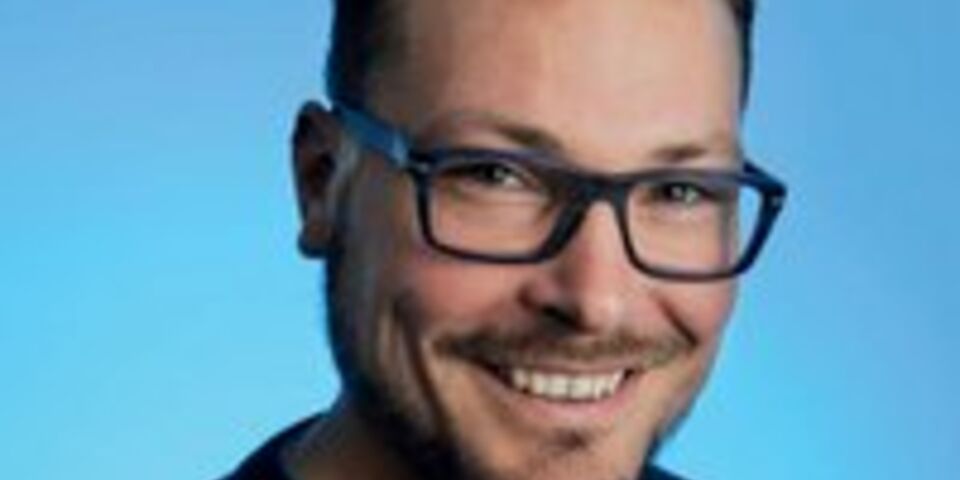Getting a handle on software quality
The quality of software is a dormant problem. If errors come to light or the software is no longer entirely comprehensible, it’s often too late and the damage has been done. New, automated methods of analyzing software to guarantee quality are therefore essential, claims part-time professor of Automated Software Analysis, Jurgen Vinju, in his oration this Friday.
Does the software always execute the policy or not? Does this software maybe leak personal data? And what will it cost to modify this software? These are the kinds of questions that still remain pretty much unanswered for large software systems. The enormous complexity of software means there is no clear overview of errors. Next to that, modifications are made without there being any clarity about the effects these have on the quality.
Inevitable
“The fact that software systems are often so large and complex is an almost inevitable consequence of making software,” says Jurgen Vinju, part-time professor of Automated Software Analysis at the department of Mathematics and Computer Science. According to Vinju, the current quality of software simply cannot be guaranteed. Moreover, the high degree of complexity is driving maintenance costs through the roof: more than half the software costs are taken up by maintenance.
Vinju advises the government and other parties to be conscious of this reality and let others assess the quality of the software, not its suppliers. “And just stay off some things,” Vinju suggests. “Stay off vulnerable smart energy grids, for example, don’t use voting computers and don’t store personal state primary exam results on a webserver.”
Harvest and sow
Vinju believes the solution has to be found in improved automated software analysis. On Friday 12 February his oration will examine new methods and tools for automating software analysis and the contingent challenges. Vinju appeals for significant investment in source code and system analysis in addition to the relatively easy existing software-based innovations. Vinju: “So perhaps harvest what we already have and sow the seeds for a better future.”
Jurgen Vinju (1977) gained his PhD in 2005 from the University of Amsterdam. He has been a guest researcher at Alcatel-Lucent Bell Labs and IBM TJ Watson Research. Since 2012 he has led the Software Analysis and Transformation (SWAT) research group at the Center for Mathematics & Computer Science. On 1 September 2014 he was appointed part-time professor for Automated Software Analysis at the department of Mathematics and Computer Science of TU/e.
Prof.dr. Jurgen Vinju will be speaking during his inauguration on Friday 12 February at 16.00 in the Auditorium of Eindhoven University of Technology.
Source: press team TU/e


Discussion